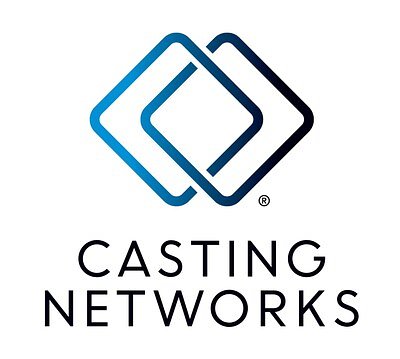
Hollywood Casting Shifts: Platforms Adapt to Demand for Specialized & Diverse Talent
A surge in casting calls—from MMA athletes to newborns—reflects evolving industry needs and the role of platforms like Casting Networks in connecting talent with increasingly specific roles. Is LA still a production hub?
Hollywood Casting Shifts: Platforms Adapt to Demand for Specialized & Diverse Talent
LOS ANGELES, CA – October 29, 2025 –
The Rise of Niche Casting
Casting Networks, a leading entertainment technology company, recently announced a surge in available acting roles, particularly in the Los Angeles area. While an increase in production activity is always welcomed, industry observers note that the nature of these roles is shifting – becoming increasingly specialized and demanding specific skillsets. From the need for newborn infants of a specific ethnicity to athletes proficient in mixed martial arts, the demand for niche talent is reshaping the casting landscape.
“The days of casting broadly and hoping to find the right person are fading,” says an anonymous casting director working on several television projects. “Now, it's about identifying exactly what the project needs—down to very specific physical attributes, skills, and even cultural backgrounds—and proactively seeking those individuals.” This trend is fueled by a desire for greater authenticity in storytelling and a growing emphasis on representation. Projects are increasingly designed around specific characters and narratives, requiring actors who can genuinely embody those roles.
This also puts pressure on casting platforms to adapt. “It’s no longer enough to simply list openings,” explains an industry tech consultant. “Platforms need to facilitate precise searches, enabling casting directors to filter by a wide range of criteria and connect with individuals who meet those exacting requirements.”
Los Angeles: A Production Hub in Flux
For decades, Los Angeles has been the undisputed center of the entertainment industry. However, recent years have seen increased competition from other states and countries offering attractive tax incentives and lower production costs. The 2023 Hollywood strikes – involving both the Writers Guild of America and SAG-AFTRA – further exacerbated the situation, leading to a significant disruption in production activity.
While on-location shoot days in Los Angeles saw a modest increase in late 2024, overall production levels remain below pre-strike and five-year averages. Television production, in particular, has been hit hard, with a dramatic decline in annual shoot days. Reality TV production has also seen a steep drop, even without being directly impacted by the strikes.
“The California Film & Television Tax Credit Program is helping, but it’s not enough to fully offset the advantages offered by other locations,” notes a film industry economist. “Los Angeles needs to address its high costs and streamline the permitting process to remain competitive.” Despite these challenges, independent feature films continue to provide a bright spot, with a recent increase in production activity. This suggests that while large-scale studio productions may be shifting elsewhere, Los Angeles remains a vibrant hub for independent filmmakers.
Democratizing Access & Promoting Diversity
Beyond the shift towards niche casting, another significant trend is the growing emphasis on diversity and inclusion. Casting platforms like Casting Networks are playing an increasingly important role in democratizing access to auditions and opportunities for underrepresented actors. By expanding their reach globally and facilitating precise searches, these platforms can connect casting directors with a more diverse pool of talent.
“We’re seeing a real shift in the industry,” says an anonymous talent agent specializing in diverse representation. “Casting directors are actively seeking actors from a wider range of backgrounds, and they’re using platforms like Casting Networks to find them.”
However, simply increasing the volume of diverse applicants is not enough. Platforms also need to incorporate features that mitigate bias and ensure a fair audition process. Some are exploring blind recruitment techniques, which remove identifying information from applicant profiles, and data-driven approaches to track diversity metrics.
“It’s about creating a level playing field,” explains a tech developer working on a casting platform. “We want to ensure that every actor has an equal opportunity to showcase their talent, regardless of their background.” Industry reports indicate that projects with diverse casts and crews tend to perform better with audiences and generate higher revenue, reinforcing the business case for inclusivity. While challenges remain, casting platforms are positioned to be key enablers of progress, helping to create a more equitable and representative entertainment industry.
